
Authorial Aspirations? Not So Much
by Robert Germaux
Okay, first, authorial? Really cool word, one I’d never come across until H.C.’s email giving me the outline for this guest post. You learn something new every day, right? And speaking of this guest post, travel with me back to 1996, when I was a tender lad of 50. Wait, no need to reach for the old abacus. I’ll save you the trouble. I’m old.
Getting back to the title of this piece, no, I had no authorial aspirations at that time. I was still three years away from taking advantage of an early retirement offer from the Pittsburgh Public Schools System, so the bulk of my “writing” that year consisted of the comments I wrote on the approximately 1500 student compositions I graded for my 9th and 11th grade English classes. Some of my students were very good writers, so the comments I wrote on their papers came pretty easily. On the other hand, many of my kids struggled with the process of transferring thoughts to paper, so after gently pointing out a few of their more egregious errors in spelling, grammar, syntax, etc., I also tried to add a positive note or two, which at times involved a certain degree of creativity on my part.
What was I reading in 1996? Well, that’s an entirely different situation. No matter how busy I was with my “schoolwork,” I always found time for recreational reading. I particularly enjoyed the detective series by Robert B. Parker, Michael Connelly, Sue Grafton (I think 1996 was M is for Malice) and Robert Crais, but I also loved reading P.G. Wodehouse’s Bertie and Jeeves stories, which my father had introduced me to when I was just sixteen or seventeen. Beyond books, I read magazines: Sports Illustrated, Time, People, Life, Ladies Home Journal (the only periodical my dentist had in his waiting room), TV Guide, etc. Basically, if you wrote it, I’d read it. And, of course, I always glanced through Pittsburgh’s two daily newspapers. (Sadly, today, the ‘Burgh, like so many other cities in this country, is a one-paper town.)
So, no writing back in ’96, other than the aforementioned composition comments. But shortly after I retired, my wife urged me to give writing a try. As usual, Cynthia’s suggestion was a good one, because now, here I am twelve books later, and although I didn’t realize it at the time, all that reading and grading of papers written by teenagers in 1996, along with the time I spent putting eyes on books, magazines, newspapers, heck, even billboards on drives across Pennsylvania to visit my wife’s family, all of that definitely played a part in preparing me for my post-teaching career as a writer. Of course, it wasn’t just 1996. It was also all the years before and since. It’s an ongoing process for all of us who write. It’s who we are. It’s how we’re hard-wired.
Twenty-five years from now, in 2046, when H.C. and his wife are celebrating their 50th wedding anniversary (I recommend a cruise of the Mediterranean) and I’m turning 100, I’m sure I’ll still be reading and writing, maybe even submitting the occasional Senior’s Perspective guest post to The Irresponsible Reader.
 Robert Germaux and his wife, Cynthia, live outside of Pittsburgh. After three decades as a high school English teacher and now more than twenty years into retirement, Bob is beginning to have serious doubts about his lifelong dream of pitching for the Pirates. While waiting for that call from the team’s GM, Bob has written five books about Pittsburgh private detective Jeremy Barnes, two books about Pittsburgh police detective Daniel Hayes (who hunts serial killers in the Steel City), and two stand-alone books: The Backup Husband (a romance with a twist) and Love Stories (a semibiographical novel based on the six weeks Cynthia spent in Europe when she was seventeen). In addition, with tongue planted firmly in cheek, Bob has written what he likes to call his Grammar Sex Trilogy, three collections of humorous essays.
Robert Germaux and his wife, Cynthia, live outside of Pittsburgh. After three decades as a high school English teacher and now more than twenty years into retirement, Bob is beginning to have serious doubts about his lifelong dream of pitching for the Pirates. While waiting for that call from the team’s GM, Bob has written five books about Pittsburgh private detective Jeremy Barnes, two books about Pittsburgh police detective Daniel Hayes (who hunts serial killers in the Steel City), and two stand-alone books: The Backup Husband (a romance with a twist) and Love Stories (a semibiographical novel based on the six weeks Cynthia spent in Europe when she was seventeen). In addition, with tongue planted firmly in cheek, Bob has written what he likes to call his Grammar Sex Trilogy, three collections of humorous essays.
You can find links to all of Bob’s books (and download free samples) at his Amazon Author Page.
Header image by jplenio from Pixabay

![]()



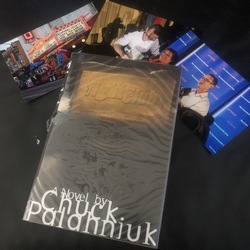
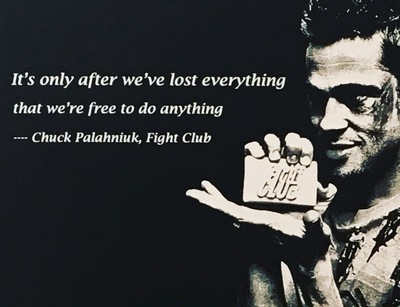
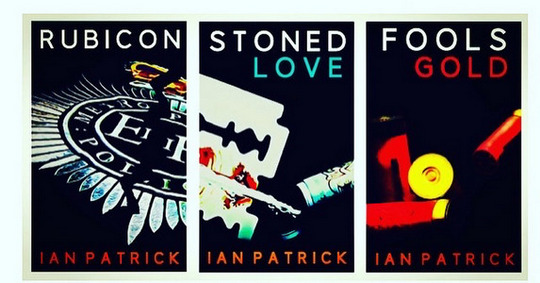
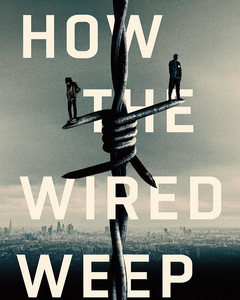






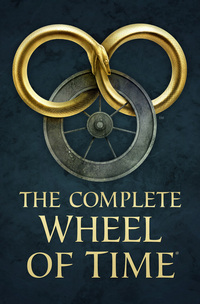



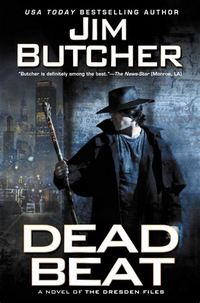

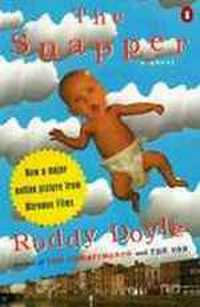

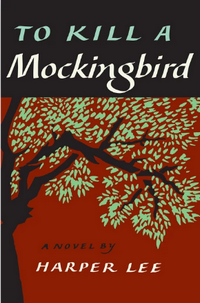

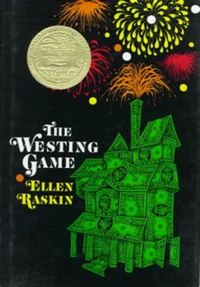



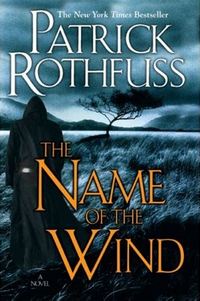

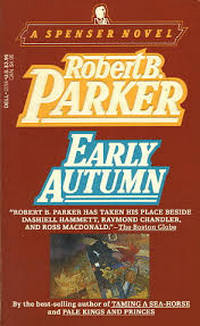

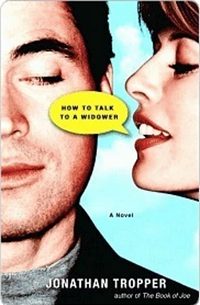

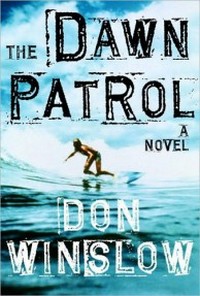
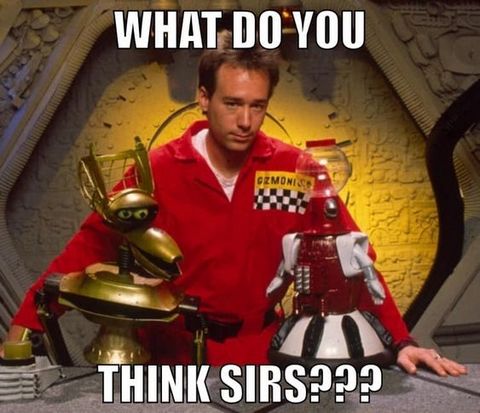


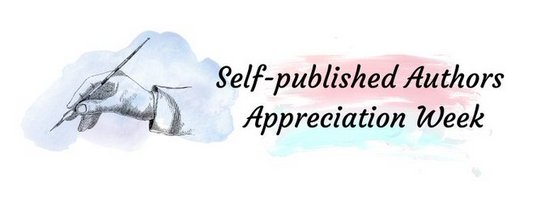
 Cause and Effect: Vice Plagues the City
Cause and Effect: Vice Plagues the City